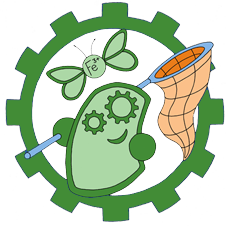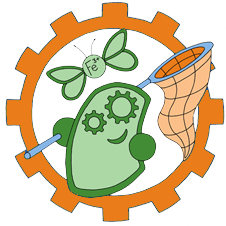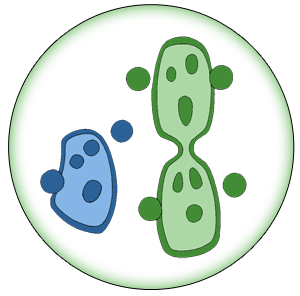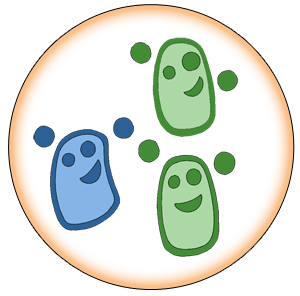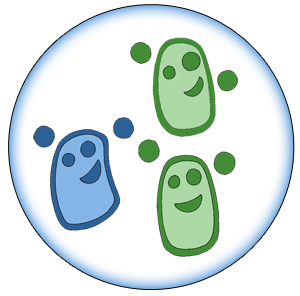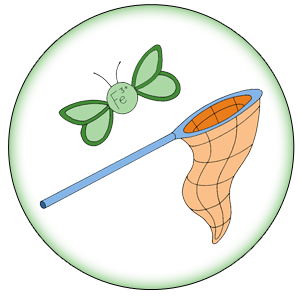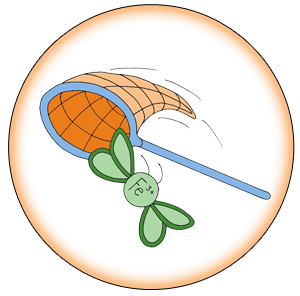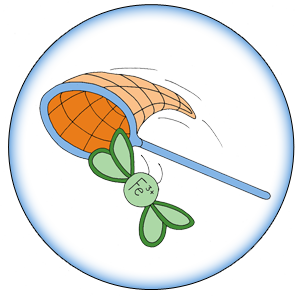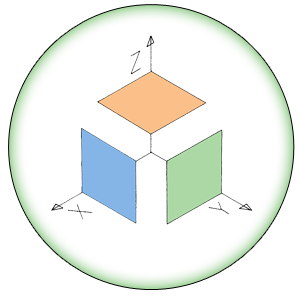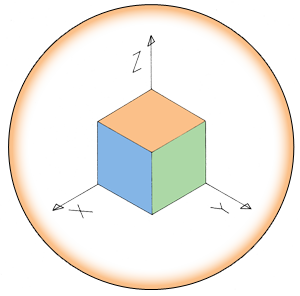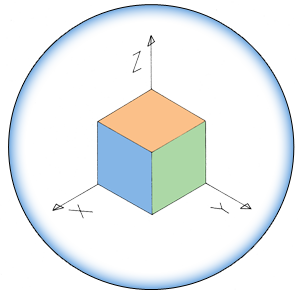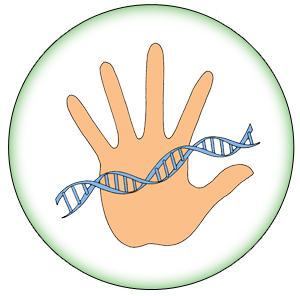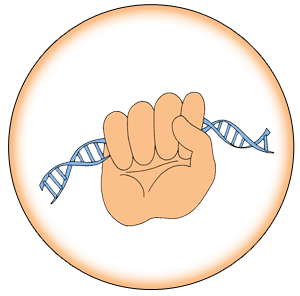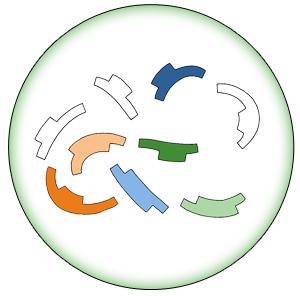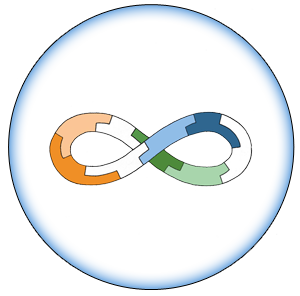Team:Edinburgh/Human Practices/Industries
From 2013.igem.org
Krothschild (Talk | contribs) |
Krothschild (Talk | contribs) |
||
| Line 3: | Line 3: | ||
<div class='content'> | <div class='content'> | ||
| - | Traditional Scottish industry to both the locals and the tourists can be primarily broken down into three constitutive parts: leather, textile, and whisky. The production of leather has been an economic staple of Scotland since the early days as animal skins are a good source of both clothing and tools. The production of leather evolves with every day as demand for it grows with increasing population and development of more modern techniques. As in the leather industry, the textile industry has seen a great boom in Scotland during the industrial age as faster and more efficient machines were invented to produce products. Classic Scottish textiles such as tweed and plaid for kilts are in demand now more than ever with tourism and a resurgence of the idea of reconnecting with roots. Along the lines of tourism, the whisky industry in Scotland is an ever-present mainstay that people travel the world to visit. The Scottish whisky industry represent a niche and coveted market that only traditional distilleries can fill; in both highland and lowland. | + | Traditional Scottish industry to both the locals and the tourists can be primarily broken down into three constitutive parts: leather, textile, and whisky. The production of leather has been an economic staple of Scotland since the early days as animal skins are a good source of both clothing and tools. The production of leather evolves with every day as demand for it grows with increasing population and development of more modern techniques. As in the leather industry, the textile industry has seen a great boom in Scotland during the industrial age as faster and more efficient machines were invented to produce products. Classic Scottish textiles such as tweed and plaid for kilts are in demand now more than ever with tourism and a resurgence of the idea of reconnecting with roots. Along the lines of tourism, the whisky industry in Scotland is an ever-present mainstay that people travel the world to visit. The Scottish whisky industry represent a niche and coveted market that only traditional distilleries can fill; in both the highland and the lowland. |
</div> | </div> | ||
{{Team:Edinburgh/Footer}} | {{Team:Edinburgh/Footer}} | ||
Revision as of 19:09, 4 October 2013
Traditional Scottish industry to both the locals and the tourists can be primarily broken down into three constitutive parts: leather, textile, and whisky. The production of leather has been an economic staple of Scotland since the early days as animal skins are a good source of both clothing and tools. The production of leather evolves with every day as demand for it grows with increasing population and development of more modern techniques. As in the leather industry, the textile industry has seen a great boom in Scotland during the industrial age as faster and more efficient machines were invented to produce products. Classic Scottish textiles such as tweed and plaid for kilts are in demand now more than ever with tourism and a resurgence of the idea of reconnecting with roots. Along the lines of tourism, the whisky industry in Scotland is an ever-present mainstay that people travel the world to visit. The Scottish whisky industry represent a niche and coveted market that only traditional distilleries can fill; in both the highland and the lowland.

| 
| | | | 
|
| This iGEM team has been funded by the MSD Scottish Life Sciences Fund. The opinions expressed by this iGEM team are those of the team members and do not necessarily represent those of MSD | |||||
 "
"
